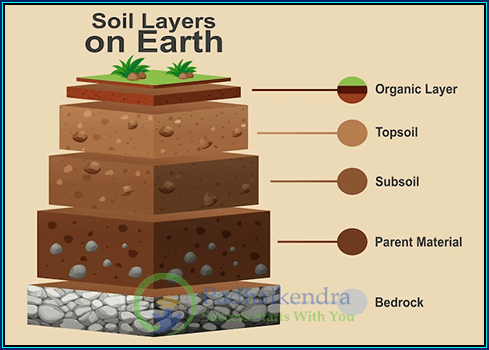Industrial metallic minerals are minerals that contain metallic elements or compounds, which are used in various industrial applications such as construction, transportation, electronics, and energy production. These minerals are typically mined from the Earth’s crust and processed to extract the metallic components.
Some common industrial metallic minerals include iron, copper, aluminum, lead, zinc, tin, and nickel. Iron, for example, is an essential component in the production of steel, which is used in construction, transportation, and machinery. Copper is used in wiring, plumbing, and electronics, while aluminum is used in the manufacture of aircraft, automobiles, and beverage cans.
Industrial metallic minerals are important resources for economic development, as they are essential inputs for many industries. Many countries have significant reserves of industrial metallic minerals, and mining and processing these minerals can create jobs and generate revenue. However, mining and processing of these minerals can also have environmental impacts, such as soil erosion, water pollution, and habitat destruction.
As demand for industrial metallic minerals continues to grow, it is important to ensure that mining and processing operations are conducted in a sustainable and environmentally responsible manner. This may involve adopting technologies that reduce energy and water consumption, reducing waste and pollution, and engaging with local communities to ensure that mining operations do not have negative impacts on their livelihoods or the environment.





